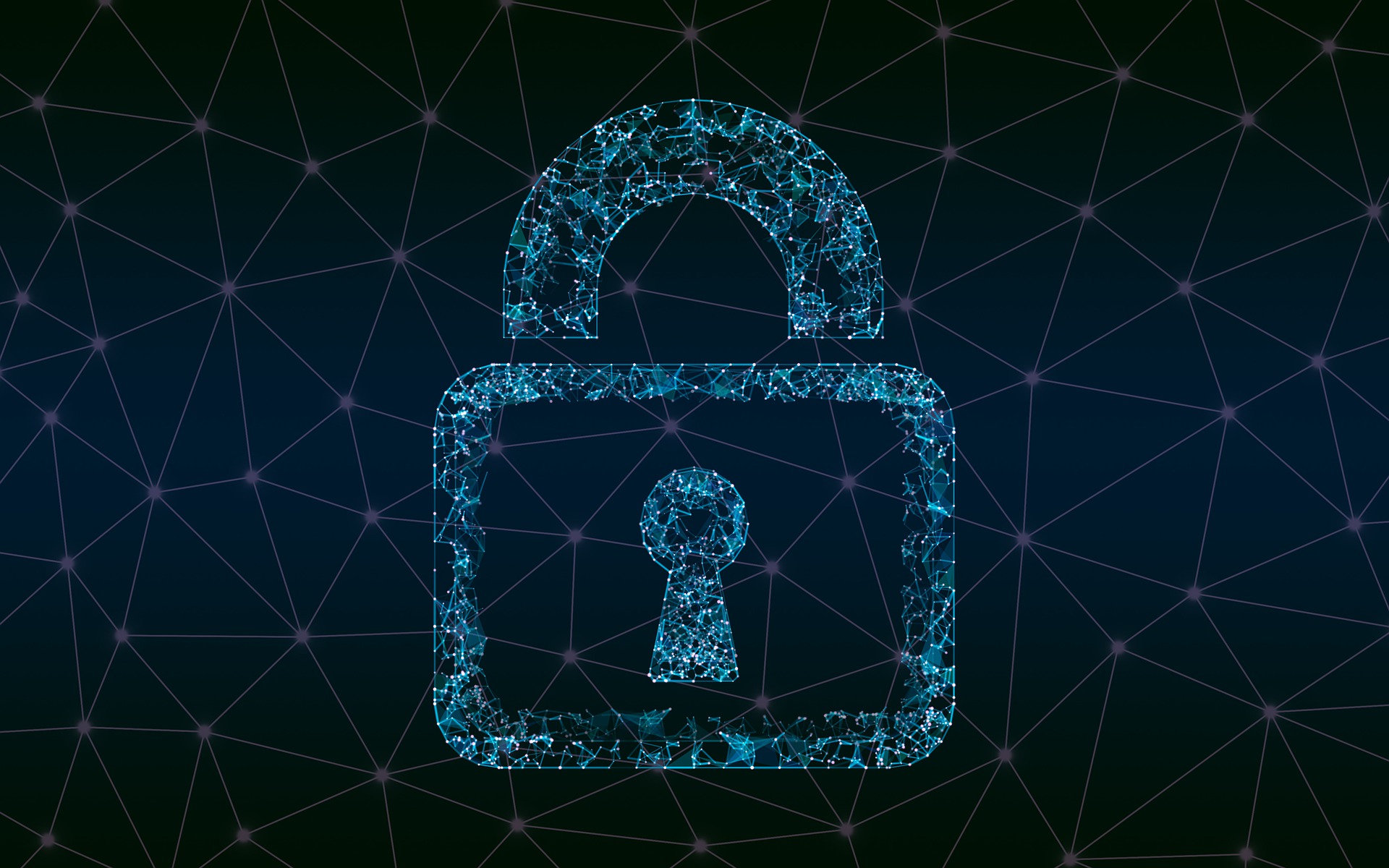In 2021, approximately 79 zettabytes of data were generated worldwide. By 2025, the IDC has predicted this figure will exceed 180 zettabytes, with the volume of stored data expected to continue growing at a compound rate of around 19.2% per year.
Meanwhile, the cost of cybercrime is expected to reach $8 trillion in 2023, and hit $10.5 trillion by 2025.
Against the backdrop of continuing cybercrime and with this volume of data, much of it personal and sensitive information, data security and privacy are more than just meaningless buzzwords. In fact, they’re a crucial factor in an organization’s success.
Lowering the costs of Cybercrime
The average cost of a data breach globally in 2022 was reported by IBM to be $4.35 million. These include the immediate costs associated with recovering from incidents and any subsequent security improvement programs, as well as legal action and regulatory penalties.
In addition, organizations face hidden costs in the form of lost business directly or indirectly related to a cyber incident. This may be because they had to stop operating to manage and contain the attack but is also the result of clients and consumers moving their business elsewhere.
Effective data security helps minimize the impact of an incident, helping businesses recover more quickly while safeguarding data from cybercriminals.
Nurturing consumer trust
Consumers are increasingly choosing organizations they trust when making purchasing decisions. This is unsurprising considering that almost 10% of individuals affected by cybercrime and resulting fraud incur losses of more than $1,250, and an average of more than $70,000 for some types of investment fraud.
With 83% of consumers claiming they’d stop spending at a business for several months following a security breach, data security and privacy are an important factor in building and maintaining consumer trust.
Streamlining Privacy Compliance
Alongside the increasing risk of cybercrime, organizations face the challenge of a growing compliance burden as more and more countries enact privacy and data protection legislation. More than 135 countries have enforceable legislation in place with more on the way, and many nations’ laws have provisions that apply beyond their own borders.
While the specifics of privacy and data protection laws vary to a degree, most share the common principles of:
- Transparent, fair and lawful collection and processing of information for a stated purpose, limited to the data necessary to fulfil that purpose.
- Retaining information only for as long as is necessary and removing it when no longer required.
- Ensuring the security of data and maintaining the confidentiality and integrity of individuals’ data.
- Providing individuals with rights over their data including the rights to access, to modify (for accuracy) and to request deletion of their data.
Not only is data security and privacy a business imperative for consumer trust and to lower the potential impact of cyber-attack, but it’s also a worldwide legal obligation. Privacy legislation violations typically result in hefty penalties, including regulatory fines as well as compensation payments to victims.
Maximizing operational efficiency
Data security and privacy are about more than compliance and damage limitation though. They can be an opportunity. Effective data management supports both security and compliance but can be a cost saver for businesses too.
An automated approach to data security and privacy — based on a cycle of identification, classification and protection — means that businesses can remove all redundant, obsolete and trivial data (ROT) saving money both in storage costs and in maintaining unnecessary controls against data that is not a high risk to the business.
The average cost of storing 1TB of file data is now over $3,350 per year, with most enterprise organizations storing in excess of 2PB across internal data centers, cloud repositories, third-party data centers and remote locations. Businesses can make significant savings just by cleansing ROT data from their systems.
Data Discovery is the foundation for data security and privacy
Data discovery provides the starting point for organizations seeking to improve data security to prevent a cyber-attack, enhance privacy to meet compliance obligations or to maximize the efficiency of their data management processes.
With Ground Labs’ Enterprise Recon, organizations can rapidly build a data inventory and, using its inbuilt remediation and data management capabilities, manage high-risk data and cleanse ROT data. Automating the discovery scanning process means this can form part of a continuous cycle ensuring data is managed and secure throughout its lifecycle, wherever it is stored.
To find out how Enterprise Recon can support your data management program and ensure data security and privacy, whatever your goals, book a call with one of our experts today.

